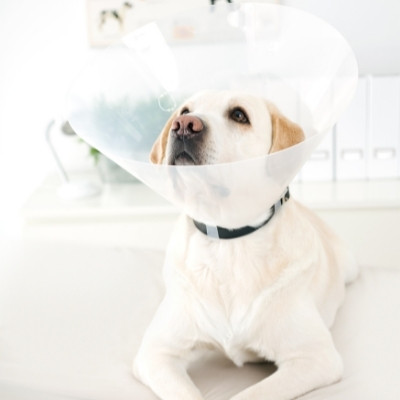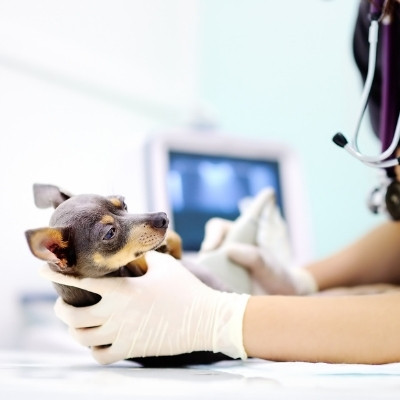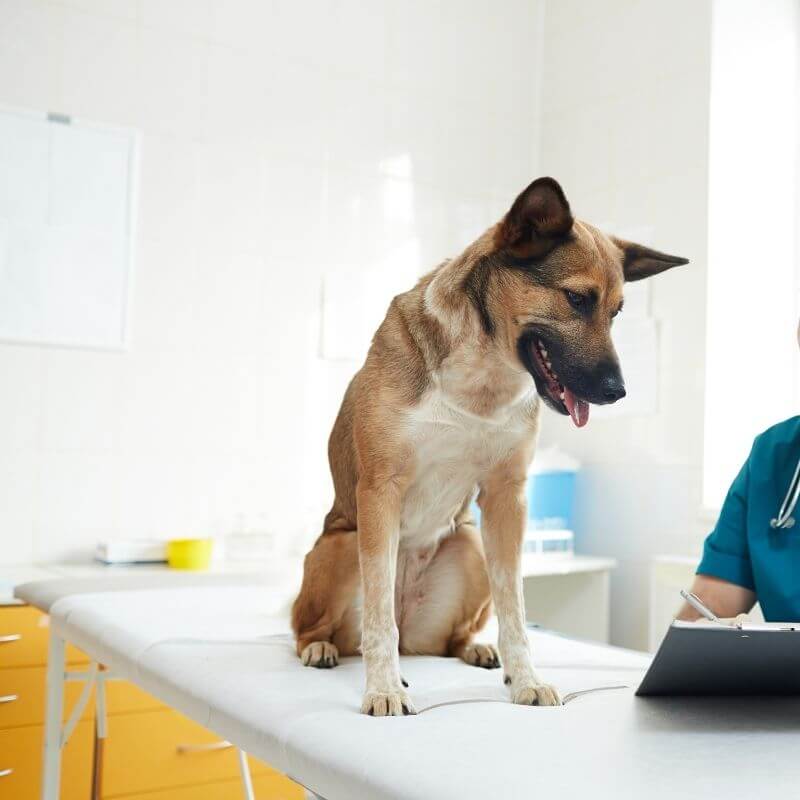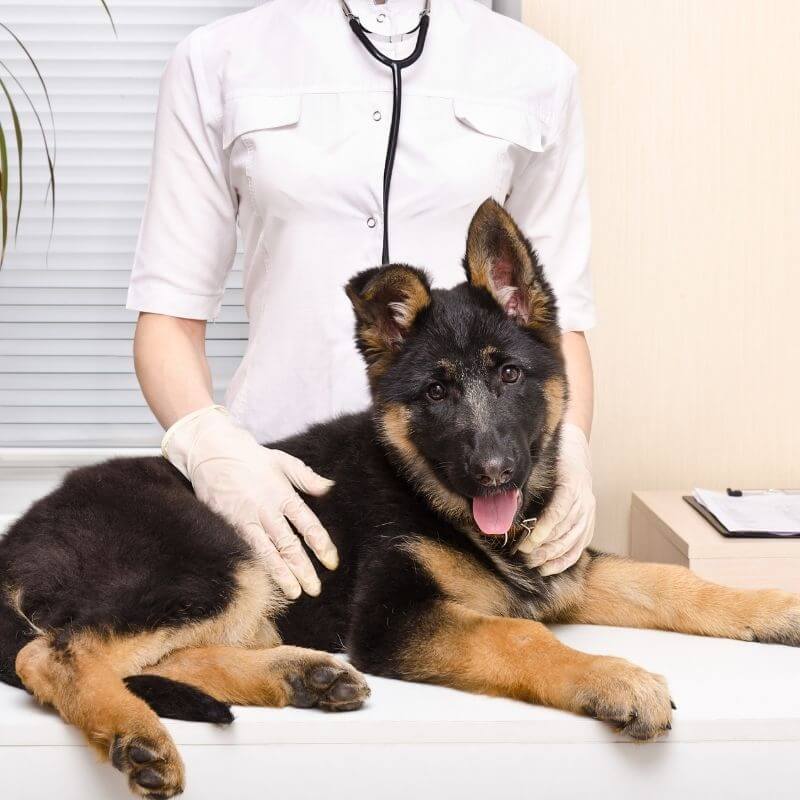Your Cape Cod Veterinarian
Leach Animal Hospital
is proud to serve the pets of Cape Cod
Welcome To
Leach Animal Hospital
Leach Animal Hospital is conveniently located on Route 130 in Mashpee and is easily accessed by those who live on the upper and middle cape, and along the south shore of Massachusetts. It is owned and operated by Dr. Jonathan Leach, VMD, a Cape Cod native with a long history of veterinary medicine in both companion and farm animals.
Cape Cod, Massachusetts
Veterinary Services
Because we have veterinarians with broad ranges of expertise, we are able to accommodate your needs for dogs and cats. We are pleased to offer the following services at Leach Animal Hospital:
Pet Surgery & Dentistry
Testing & Diagnostics
Cruciate Ligament (ACL) Surgery
This common orthopedic problem in dogs causes a lack of stability in the stifle, or knee joint. Dr. Leach is expertly trained in the most up-to-date method of knee surgery, which leads to a faster recovery time than traditional methods.
Urgent Care
Pet Wellness Care
Thank you for your kinds words
Your preferred veterinarian on Cape Cod.
We know you have a lot of choices when choosing quality veterinary care on Cape Cod, MA, and we’re happy that you’ve decided to join the Leach Animal Hospital family.





